Assistant Principal
Katrina Spicer - Wellbeing
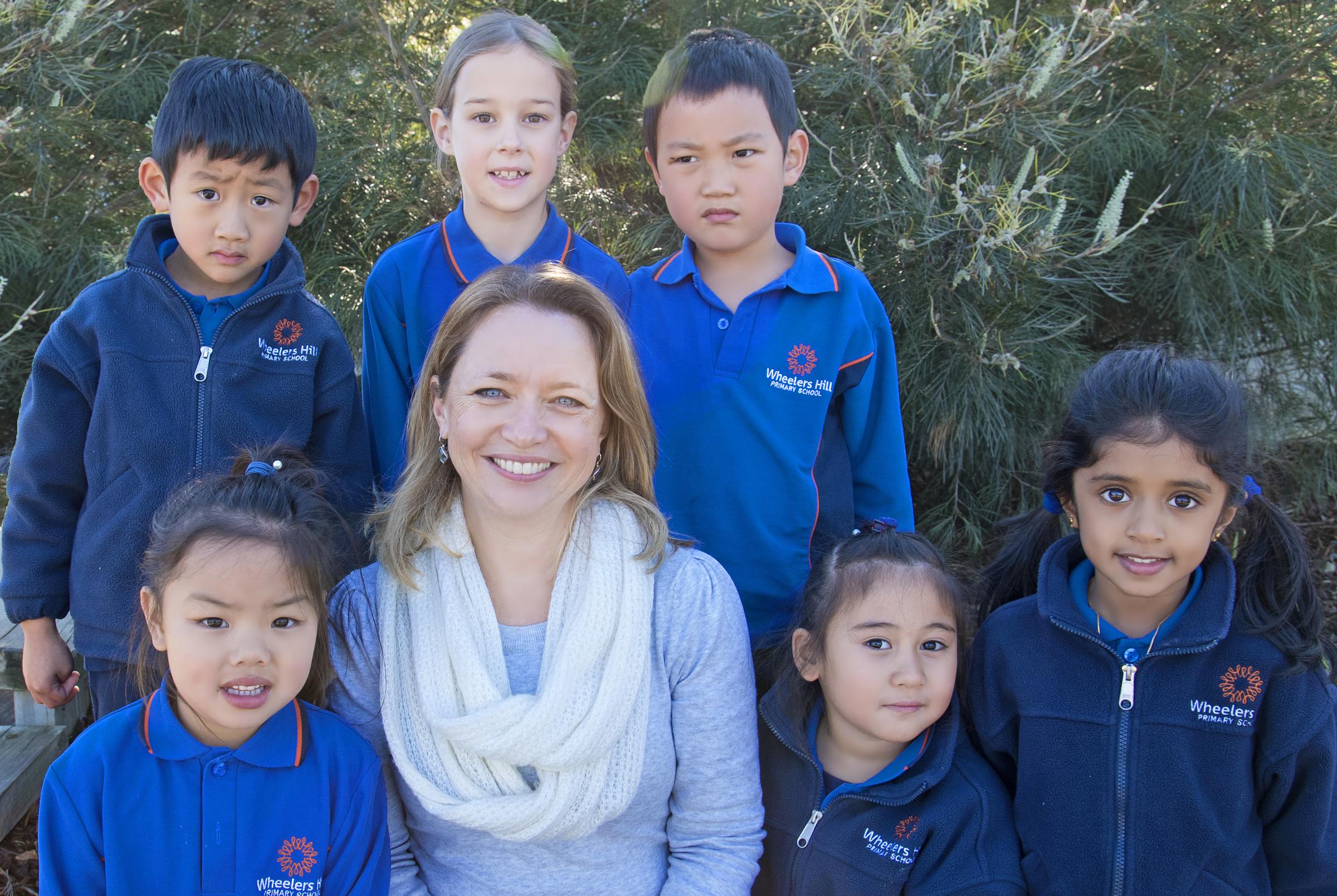
Assistant Principal
Katrina Spicer - Wellbeing
YEAR 4 CAMP
On Monday, Tuesday and Wednesday of this week, I had the privilege of attending the Year 4 camp at Camp Manyung in Mount Eliza. What a wonderful experience it was! The students rotated around eight different activities that provided them with a range of challenges and experiences. It was wonderful to see each and every one of our students attempt something new, from riding a bike for the first time, to being lifted 18 metres in the air for the giant swing, to trying new foods, or even spending their first night ever away from family. And of course, everyone thoroughly enjoyed just hanging out with their friends in their cabins and having some free time outside.
School camp is such a wonderful experience, and is something children remember for a long time. We are fortunate to have a wonderful camping program. Thank you so much to Mrs Peraic for doing a wonderful job as the camp organiser, and to all of the teachers and support staff who attended.





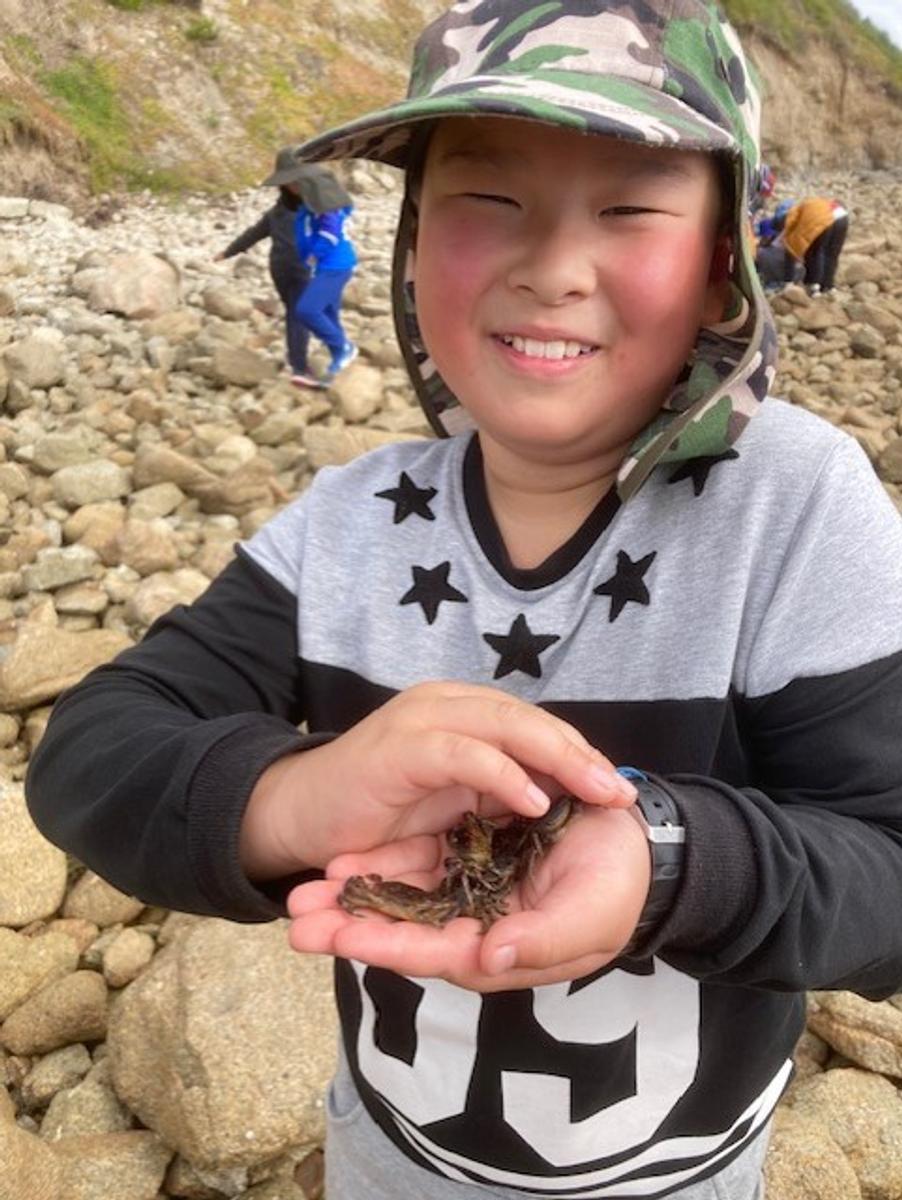
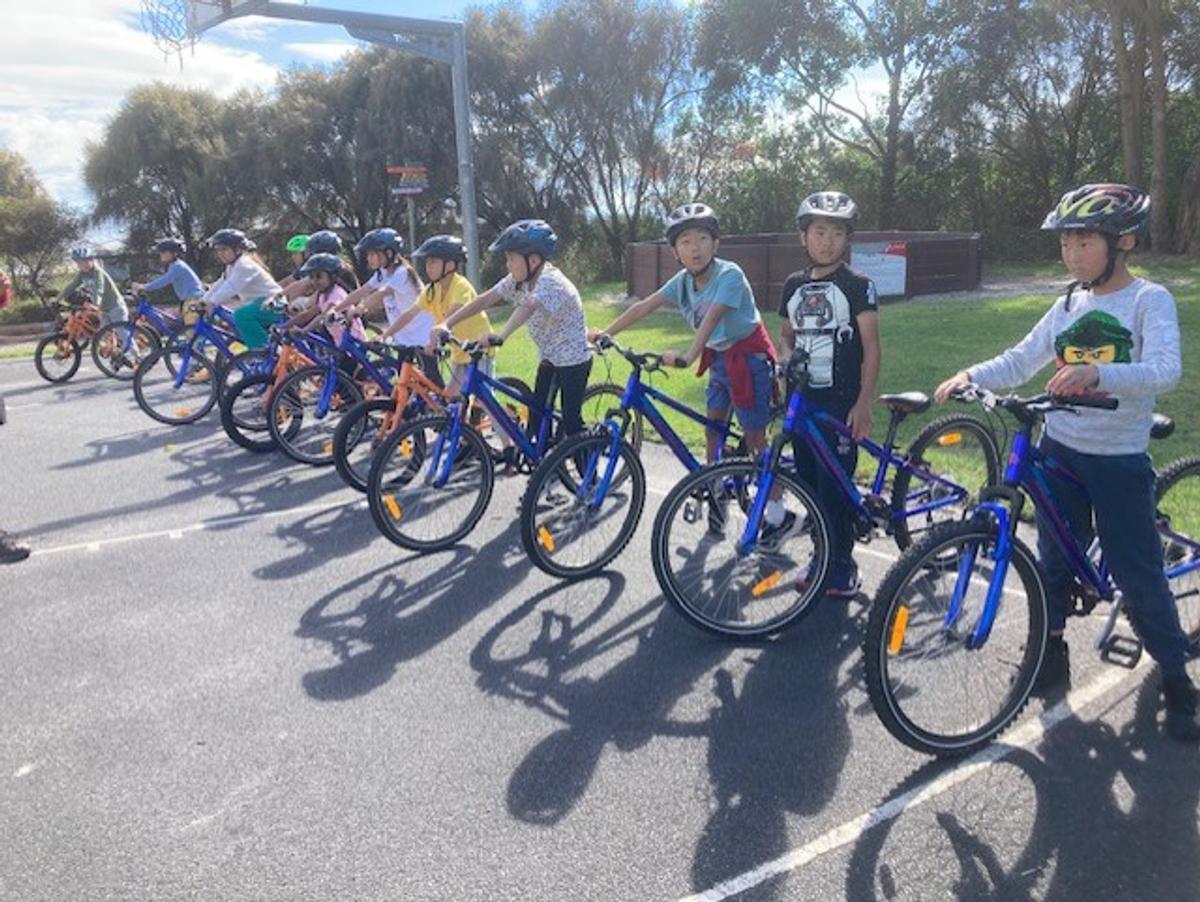
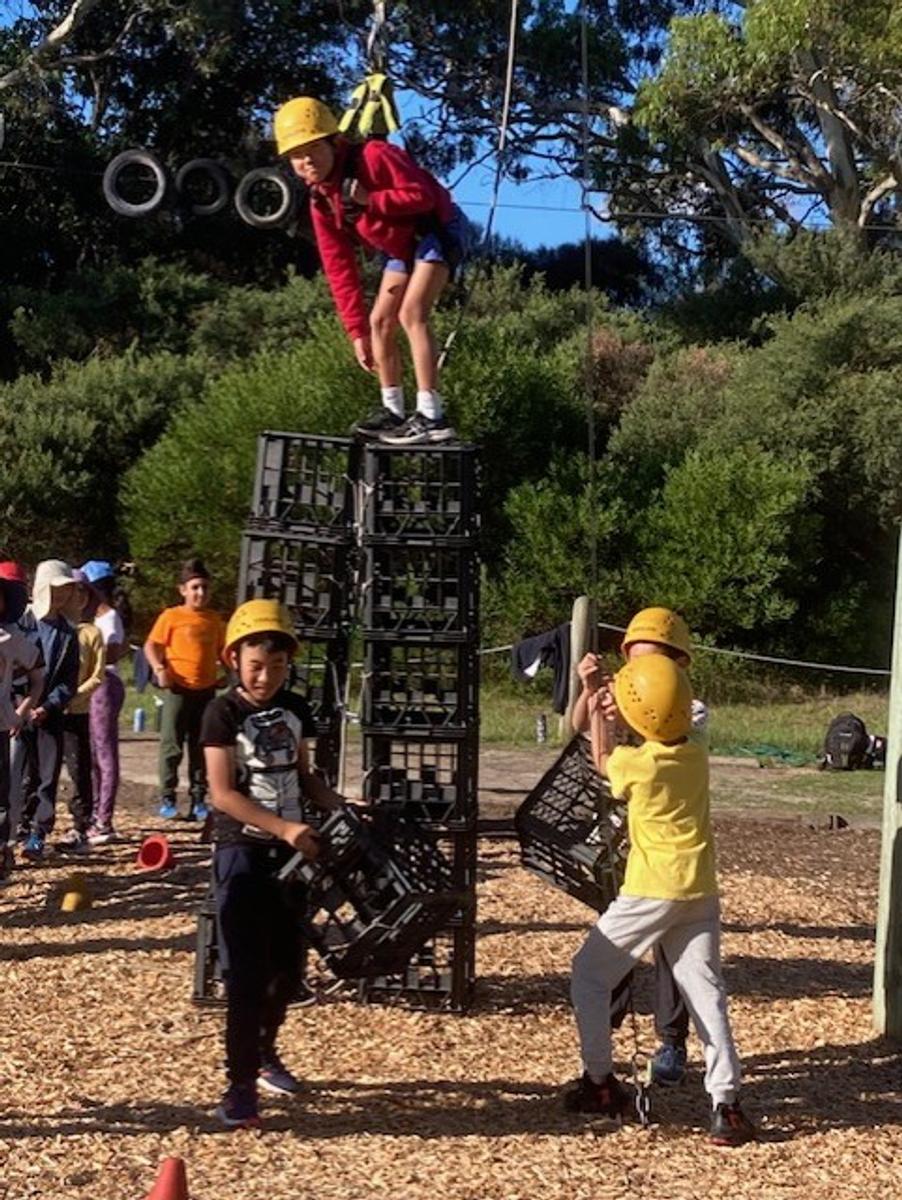










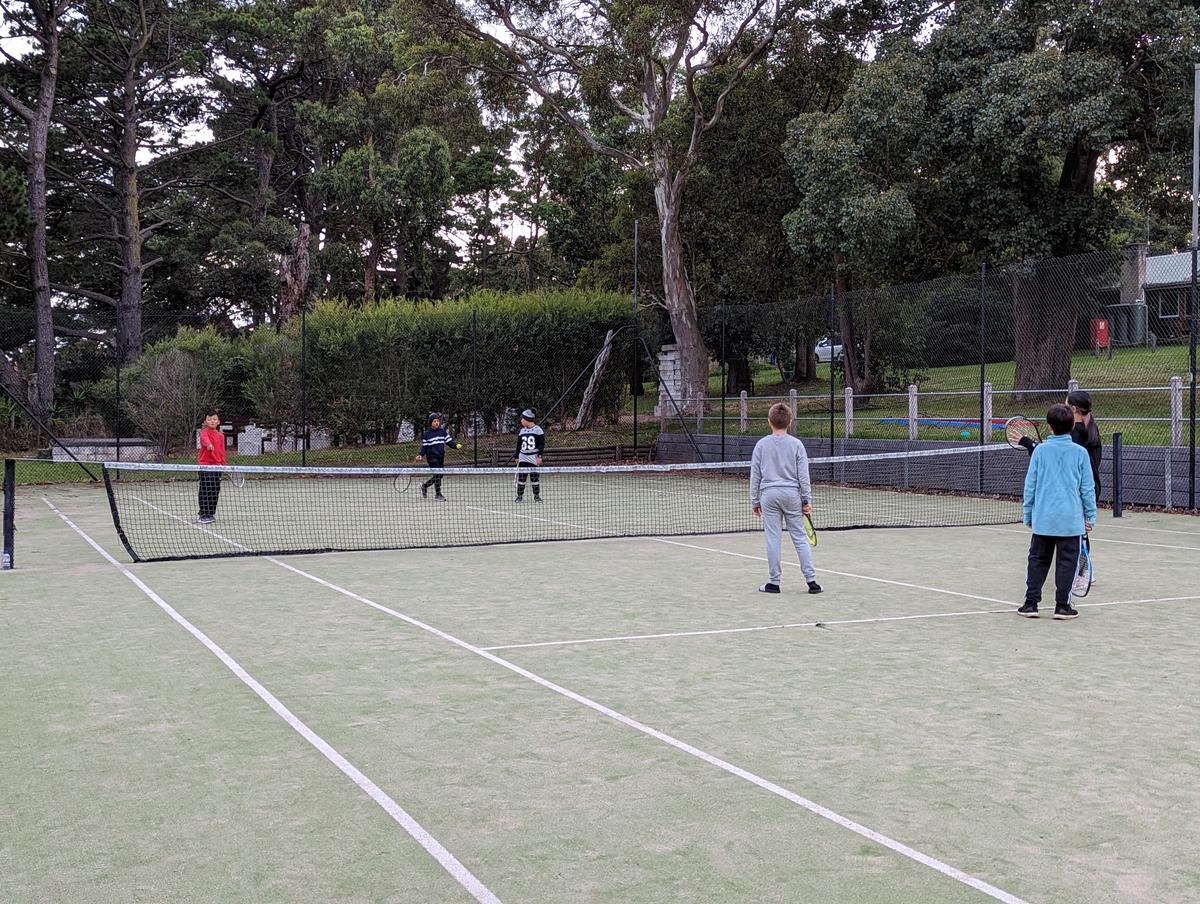











HATS - TERM 2
A reminder that students must wear their school hat during outside play until the end of April every year. Please make sure your child/ren continue to bring their hat to school for the first two and a half weeks of Term 2.
HAPPY FAMILIES WEBINAR - MAY 14TH at 7:00pm
Resilience - Developing Strength, Calm, & Kindness in our Kids


“How can I help my child be more resilient?” is a question Dr Justin Coulson often hears from worried mums and dads.
In this session, parents will learn the psychological secrets that build their child’s sense of identity, strengths, and growth mindset in order to perform better, be happier, and build resilience.
Based on Dr Justin Coulson’s best-selling book 9 Ways to a Resilient Child, this session shows parents how to help their children cope powerfully and positively with the challenges that life throws at them. This presentation is one of Justin’s most popular ones with powerful stories and illustrations that every parent can relate to. He explains the factors that help and hinder resilience, why common advice such as “toughen up Princess” just doesn’t work, and how competition and praise may undermine resilience.
To register for this webinar, log into the Happy Families website:
https://schools.happyfamilies.com.au/login/whps
Password: happywhps
Katrina Spicer
Assistant Principal for Wellbeing and Inclusion
katrina.spicer@education.vic.gov.au


WHEN MY CHILD WON’T LISTEN
By Dr Justin Coulson
One of the most common complaints I hear from parents about their children is that “The kids just won’t listen.” But guess what. They are listening. They’re just not complying! You’ll typically find that a handful of standard answers permeate the internet and parenting advice books when it comes to this topic. Let’s acknowledge them first, because they can be helpful.
1.Keep it simple
Short sentences are easier to process than long lectures. Keep your statements and requests simple, clear and direct.
2. Get on your child’s level
Making eye contact, smiling and ensuring your child has heard you always improves the likelihood that your child will act.
3. Repeat it back
Ask your child to tell you what you told them. If you ask them to pick up the wet towels from the bathroom floor and they’re not responsive, ask them, “What did I say just then?” and wait for them to tell you.
4. Speak more quietly
Speaking louder (yelling) won’t draw them to you and it’s unlikely to encourage them to want to listen to you. Try speaking softly. They’ll open their ears, lean in and listen carefully.
5. Gentle touch
A soft touch on the arm, a squeeze or a hug, or an arm across the shoulder… These gentle touches can be enough to act as a circuit-breaker so your child can pay attention to what you’re asking and help move things along.
6. Drop the don’t
Say what you want. If you tell your child what not to do (such as “don’t hit the stick against the wall”), it requires more effort on the part of your child to redirect their energies. Now they have to stop doing the thing that’s bothering you and think of something to do instead.
7. Find a way to say “yes”
When you have to say “no”, spin it into a “yes”. If you’re asked “Can we stay at the park longer?” you can say “You be. We’ll have a longer stay at the park on the weekend when we come back with your friends.” If they plead “Can we please have ice cream”, respond with “You sure love ice-cream. We’ll have ice-cream on Friday night with our movie like always.” Your yes is usually going to be a “not now”, but if you phrase it right, it goes down a treat.
If we want to be even better parents, the five suggestions in this next section will help us take it to a whole new level.
THE FANCIER ANSWERS
1 .Keep it simple.
When you ask your child to do something, consider the connection. Connection means feeling seen, heard and valued. Do your children feel like you see them as more than a convenient way to get something done? Trying to command without connection – like yelling between rooms – is a lousy way to have your kids pay attention and usually won’t lead to anything resembling compliance. (It’s not realistic to expect that you’ll ‘connect’ every time something needs doing. But maybe we can connect more than we currently are)?
2. Timing
If your child is in the middle of something, their listening and compliance will be way down. This doesn’t mean we shouldn’t ask our children to be involved in helping when they’re doing something. That’s not realistic. But when we’re sensitive to their priorities, things go better. Consider statements like, “When this episode is over, please turn off the TV”.
3. Capability
We expect too little of our children physically and we expect too much of our children emotionally. Demanding that they “calm down” or “stop it” might be more than they can manage. But asking them to clear the table will typically not be too much. Consider their developmental capability, emotionally and physically, before issuing edicts.
4. Context
Your child might be perfectly capable of going to be on time most nights, but on a sleepover night (or some other major event), the context changes. Demanding perfect behaviour at a funeral might make sense and be a sign of respect, but if they’re grieving and confused, or if all of their cousins are there and they’re excited, we might need to adjust our expectations. Requiring our children to listen to us they same way in every context is to expect our children to act like robots. Be mindful of context.
5. Gentle Reminders
Call your child by name. Look at them and quietly remind them of the issue that’s requiring focus. The fewer words you use the better. Two is idea. For example, “Your bedroom”, “Your stinky socks”, ” The dishes”, and so on. Say please, and smile kindly.
THE ADVANCED ANSWERS
There are even better answers, but space won’t allow me to describe them here. You can find the entire list in my brand new book. The Parenting Revolution. As a sneak peek, remember to be involved with your children when they have something to do. Be patient and give them a chance to act before cajoling them again, make it fun, and consider how much connection is happening compared to correction and direction. Lastly, remember it’s totally reasonable and acceptable for parents to expect their kids to help out around the house. These ideas (and the extras in my book) will help change the game.


Our school subscription to Happy Families allows access to the Happy Families website to all members of our school community.
Families can access the Happy Families website at: https://schools.happyfamilies.com.au/login/whps
Password: happywhps